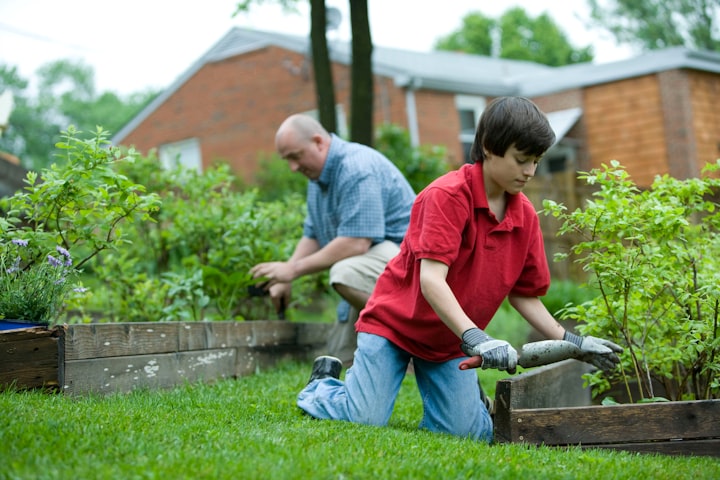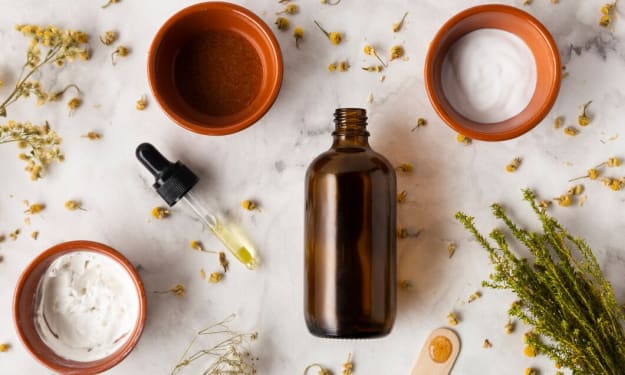100 Years of Gardening
Want to Live to 100? Get Gardening!
It is well known that an outdoor lifestyle with moderate physical activity is linked to longer life. As we age, both seem to become increasingly difficult to manage, given the multitude of responsibilities that life comes with. Time to go and explore nature is a scarce thing, and it is always easier to use that time on other things. For those who cannot get into the wilds to go hiking, gardening is an excellent alternative. It offers a routine of work and daily low-intensity physical activity.
A recent Dutch study asked researchers to complete a stressful task before splitting them into two groups. One group sat indoors and read, and the other spent the time outside gardening. The group that spent half an hour reading reported that their mood ‘further deteriorated’, while the gardeners not only had lower levels of cortisol afterwards, they also felt ‘fully restored’ to a good mood.
The research into the benefits of gardening continues with an Australian study of men and women in their 60s.It found that people who garden regularly have a 36% lower risk of dementia than their non-gardening counterparts. Preliminary studies among elderly people who suffer from dementia and Alzheimer’s report benefit from garden settings.
Dr Bradley Wilcox of the University of Hawaii has spent a considerable amount of time studying centenarians in Okinawa, which has the world’s highest ratio of centenarians, at approximately 50 per 100,000 people.
He says that gardening does not only have physical benefits. It offers a reason to get out of bed every day, along with an increase in social connectedness, both of which can become increasingly challenging as we age.
Over the last decade, it has become increasingly obvious that humans need to have a regular connection with nature. Doctors in Scotland can now prescribe a walk in nature to treat a variety of ailments, including reducing blood pressure and anxiety, and to help improve overall happiness. Gardening – even if only in a small space in an urban area – is a simple and reasonably easy way to add more nature into daily life.
Finally, gardening can help your diet. Obviously, this depends on what you decide to grow, but there are few people who will doubt that eating an abundance of fresh vegetables helps to boost your health. And you can’t get much fresher than vegetables you have grown and harvested yourself.
If Gardening is Good, is Farming Better?
Farmers obviously have access to many of the lifestyle factors we have just discussed – access to nature, physical activity, and fresh produce. Indeed, some evidence suggests that farming is one of the healthiest occupations. One Australian study showed that farmers were a third less likely to suffer from a chronic illness, and are 40% less likely to visit a GP than non-farmers.
It is important to note that the farms discussed are usually small and run by a family. This does not apply to all farming. Agriculture is an industry in most of the Western world, and this places additional stress on farmers, with difficult or dangerous conditions, high levels of debt and increasingly automated practices. This sort of farming is unlikely to offer the same effects, although there have not been any direct studies comparing the two as yet.
Neither farming nor gardening can guarantee a longer lifespan. But some of the factors associated with both – going outside, engaging in light physical activity, and heating a healthy diet – just might. As with everything in life, it is all about finding a balance.
About the Creator
Claire Stephen-Walker
Hi. My name’s Claire, and I spend all of my time writing. I have for as long as I can remember, because it is as close to magic as reality lets me get.







Comments
There are no comments for this story
Be the first to respond and start the conversation.